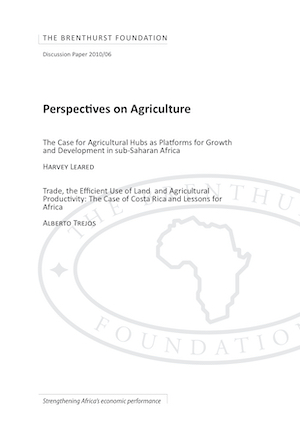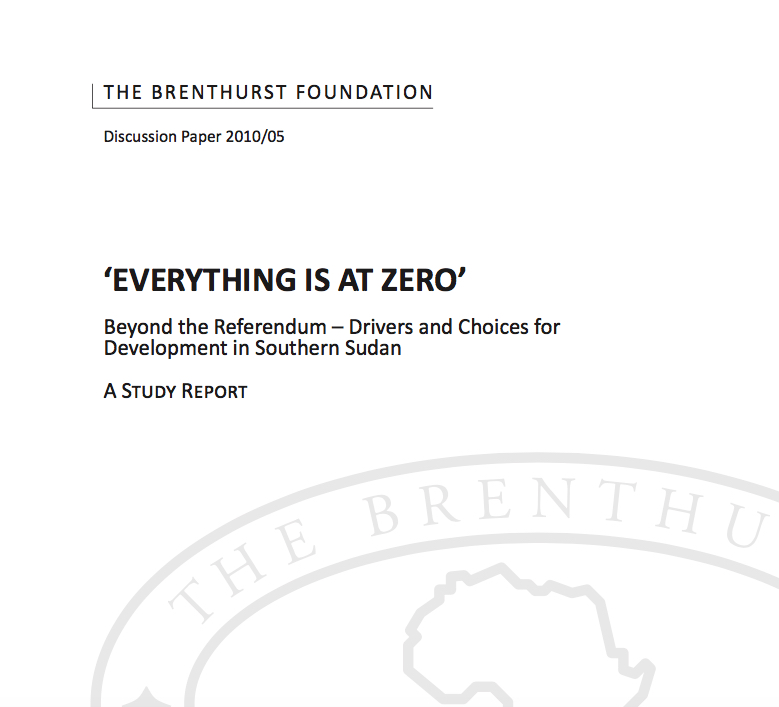Publications
Perspectives on Agriculture
Perspectives on Agriculture - The Case for Agriculture Hubs as Platforms for Growth and Development in sub-Saharan Africa and Trade, the Efficient Use of Land and Agricultural Productivity: The Case of Costa Rica and Lessons for Africa
This Discussion Paper draws together extensive research and practical experience from Latin America and sub-Saharan Africa to examine various challenges in developing strong and sustainable agricultural sectors.
Key conclusions drawn from these two perspectives include:
-
Prosperous agriculture requires letting go with tradition. Agriculture is an excellent example where adherence to tradition and fear of change can have deleterious consequences for the wider society. There is a social cost of transition that will require government support and may justify change – in the way Africa farms its land - to be gradual, but that does not justify keeping things as they are.
-
Food security is more important than food sovereignty. In some places, it is impossible to have agricultural development without allowing – even fostering – a change in the crops that are grown, away from the composition of demand, and towards the nation’s comparative advantage.
-
Agricultural development in Africa requires an ‘aggregation’ of capital, skills and services in the form of growth corridors and agricultural clusters or ‘agri-hubs’ which address both the distance factor and the scarcity of skills and services in a mixed commercial/ small-scale model of production.
-
Aggregation of agricultural activity would provide the critical mass necessary to allow skills transfer or absorption as well as specialisation and the natural development of the value chain, including non-farm job creation.




